A recent viral online survey by an unnamed source saw many participants vehemently reject military takeover in Nigeria even in the face the present hardships. Most of the participants said the uncertainty surrounding military regimes and their almighty powers were reasons to think twice about favouring the military in government again.
The case of Burkina Faso is a reference point. A second coup in less than one year meant the military were not to be trusted, not easily. Paul-Henri Sandaogo Damiba, who led the Burkina Faso January 2022 military coup won the hearts of the citizens when he ousted the civilian government of President Roch Marc Christian Kabore. Damiba had cited insecurity and Islamists insurgency as reasons. However, the hope of the citizens was dashed as the Islamist insurgency worsened and ostensibly led to another coup eight months later in September 2022, as led by Captain Ibrahim Traore, who again cited ceaseless terrorism by jihadists as reasons for the putsch. This left the citizens in awe as the possibility of another coup remained on the cards.
The citizens of Mali, Guinea, Burkina Faso, Niger and Gabon were also visibly celebrating the recent coups in their countries. A case of stage managed celebrations? The Nigerien and Gabonese scenes did not seem so given the number of citizens that thronged the French embassies and military bases for days asking them all to leave. The jubilant scenes in a Niger stadium to celebrate the July 26 coup was reminiscent of the events in Conakry when the Guinean military in 2021 ousted the country’s first freely elected government of Alpha Conde.
Like Nigeria, the above-named West African countries had experienced military rule in the past. And coups seem to be an African staple. According to data from Powell and Thyme at the Cline Center, University of Illinois: Of the 486 attempted or successful coups carried out around the world between 1950 and 2022, Africa has seen 214, the most of any region, with 106 of them successful. When added to the 2022/2023 six attempted and four successful coups, the number comes to 496 coups, with 110 of them successful.
Why the Coups?
The answer is clear. Similar reasons of disaffection with government, economic hardship and insecurity fertilize the rich harvest of coups in West Africa. Bad governance, insecurity and electoral fraud were cited as reasons for the August 2023 sacking of President Ali Bongo of Gabon by Brigadier General Brice Oligui, commander of the Republican Guard. Again, the people rejoiced. Recall that Nigeria, Sierra Leone, Liberia, Guinea-Bissau, Côte d’Ivoire, Mali, and Niger were hotbeds of political instability and civil war prior to a series of military coups that threatened to end their run as sovereign nations. While the same problems continue in these countries, many of them have seen either a re-emergence of military coups or just serious echoes. For instance, analysts are pointing towards places like Benin and Togo, where insurgency and stiff economic hardship are growing increasingly.
Nigeria ranked 75th out of 141 countries on the 2022 Global Safety Perception Index, as kidnapping, terrorism, sectarianism and violence worsen there. The country also ranked 150 out of 180 countries in the 2022 Corruption Perceptions Index reported by Transparency International. The ongoing conflict in the Sahel has displaced more than 2.5 million, and killed over 8000 in 2022 alone. In over three decades between 1991 and 2021, the GDP in West Africa grew only 1.3%. The region was significantly behind all the others in the human development index, which hovered around just 0.5%. The World Bank recently predicted a decline in sub-Saharan Africa’s growth forecast from 3.6% in 2022 to 3.1% by the end of 2023.
As of August 2023, Nigeria’s inflation had already exceeded 23%, with over 47% youth unemployment and a grinding poverty that has hauled 71 million Nigerians into abject poverty of less than $1.9 a day, according to the World Poverty Clock. With petrol prices rising more than 400% in one year, Nigerians currently spend over 60% of income on food and transport, while the minimum wage has remained at a miserly N30, 000 having increased once from N18 as at the 1970s when petrol sold below six kobo a liter.
The population of the 15 countries of West Africa stands at 432,834,418, with a GDP of $2.091 trillion, despite having Nigeria, Africa’s largest economy. The seven main countries of Western Europe have a population of 198,092,431, with just three of them (UK, $2.44 trillion; Germany, $3.40 and France, $2.61) amassing a GDP of $8.45 trillion. Sierra Leone, like Nigeria, just came off a bitterly contested and rejected presidential election results, with both countries embracing record inflation and vicious poverty. In 2022, Benin and Togo had their own fair share of armed violence, which was a spillover of insurgencies from neighbouring countries, where jihadists and armed groups operate. Even the otherwise stable Ghana needed a $3 billion loan from the IMF to deal with the worst inflation in 21 years. Ghana inflation struck 40% in 2022, with the president, Nana Akufo-Addo, warning that West Africa may soon be engulfed with violence. His prediction is coming true.
The Contradictions in the Quests to End Coups in West Africa
Recently, the ECOWAS leadership raised a committee against coup in the West African sub-region. However, given the circumstances, analysts believe this is a window dressing, because the real causes of coups must be addressed in preference to threats of the use of force to restore democracy.
When the democratically elected government of Mohammed Morsi was toppled in 2013 by the General Abdel Fattah El-Sisi-led military in Egypt, the world simply watched on. Morsi died in prison in 2019. Alassane Quattara oversaw a constitutional change to seek and win a third term as president of Ivory Coast, while the UN, France and African Unioon (AU) would intervene in 2010 to remove Laurent Gbagbo (to install Quattara) after the constitutional court announced Gbagbo winner of the presidential elections that year.
One of the recurring views expressed during the Libya uprising in 2011 was that the 42 year reign of Muammar Gadhafi meant that many people in the country had not known any other ruler but Gadhafi. Yet, in Gabon, where France, the AU and ECOWAS were calling for restoration democracy, Ali Bongo had won a third term in a family dynasty kick-started by his father, Omar Bongo, in 1967.
In Uganda, Rwanda, Equatorial Guinea and Cameroon, which are touted as democracies, their presidents have been in power for at least two decades. An analyst makes the point clearer: 11 men, namely Paul Kagame of Rwanda (23 years), Paul Biya of Cameroons (42 years), Teodoro Mbasogo of Equitorial Guinea (43 years), Dennis Nguesso of Congo (38 years), Isias Afwerki of Eritrea (30 years), Yoweri Museveni of Uganda (37years), Alhassan Outtara of Ivory Coast (13 years), Gnassingbe Eyadema of Togo (38 years), his son Faure Eyadema of Togo (18 years), Omar Bongo of Gabon (42 years) and his son Ali Bongo of Gabon (14 years) collectively ruled different African countries for a total of 347 years in the name of democracy!
In these countries, the tenure of leaders has a clear association with allegiance to the global centres of power. It has been said that international concern for democracy in the countries experiencing coup is based on foreign interests, not on the dividend of democracy. This has led to questions about the role of foreign powers in West African political instability. Since 1999, when Nigeria returned to democratic rule, every election cycle has revolved around London, which appears to be the conferrer of legitimacy to presidential aspirants. Yet, between 1999 and 2023, Nigeria moved from a fuel price (premium motor spirit) of less N25 naira to N625; four working refineries to no functional refinery; a dollar to naira exchange of N22 to nearly N1000 naira; inflation rate of 6% to 24%. It is even worse in some of the scenarios painted about the relationship between France and all of francophone Africa.
When the Russian mercenary group, Wagner, which already operates in Mali, showed support for the Niger coup, it indicated the ripple effects of the tussle for Africa going between the world powers. The foreign powers endlessly claim to be fighting insurgency in the region. For decades, there have peace attempts by the United Nations (stabilization force), the European Union (Task Force) and combined forces (Joint Forces) in the Sahel states led by the French command. However, the realities seem to indicate that insurgency might be a tool in the hands of the powers. The intelligence networks, recruitment process and weaponry of the insurgents imply that they are not ordinary nationals fighting against government inefficiency.
This leads to an apparent conclusion of the matter by George Weah, president of the West African country, Liberia: “As long as ECOWAS tolerates institutional coups that allow lifetime presidencies, and fraudulent declaration of election results, manipulation of judicial announcements, there will always be military coups. And we cannot condemn military coups when we do not condemn those who carry out institutional coups. ECOWAS should work for the interest of our people.”

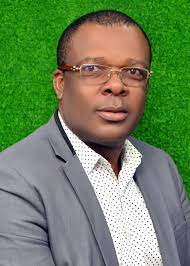
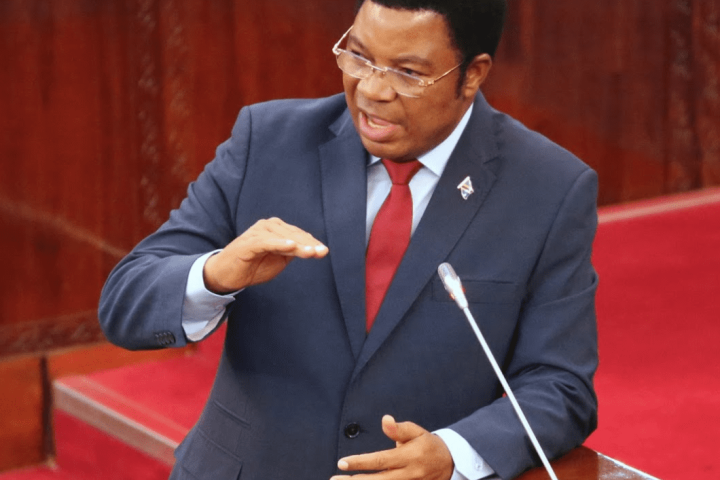
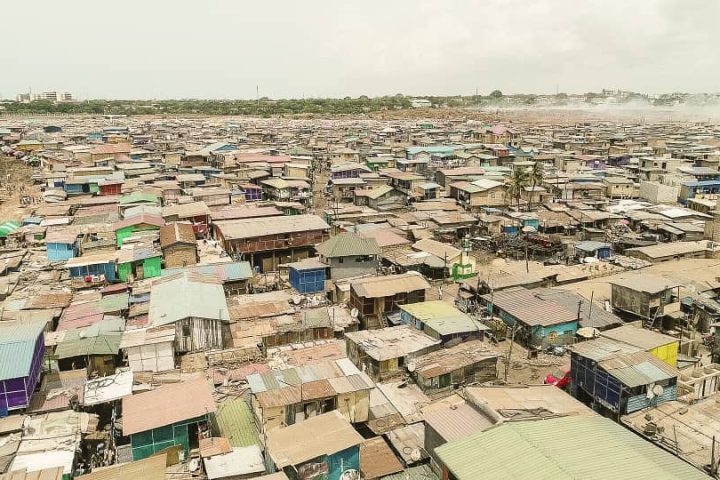
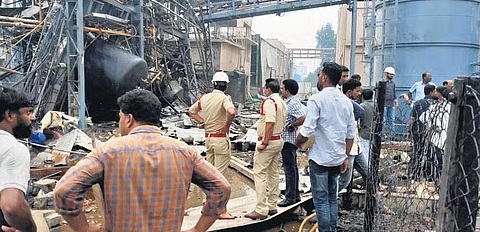








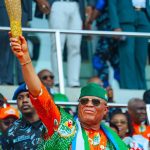
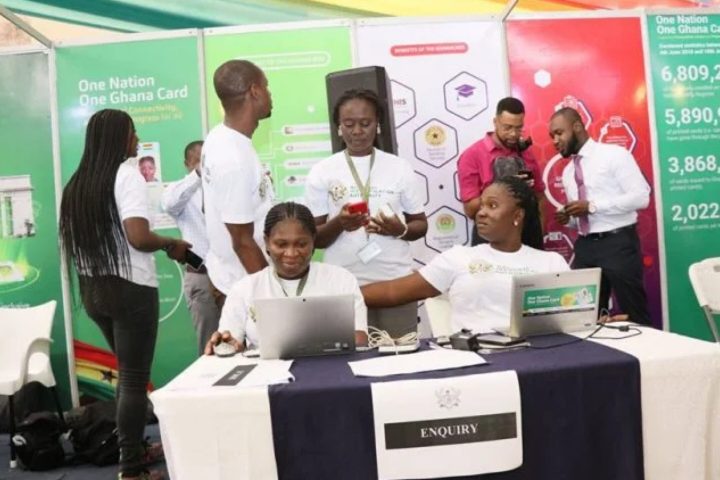
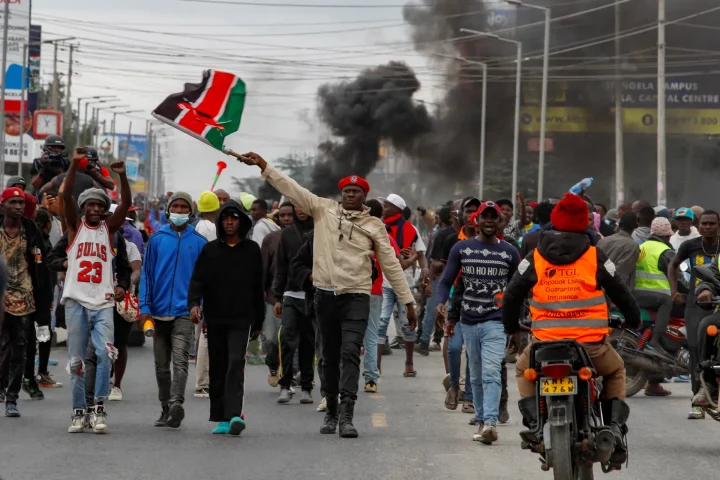
Follow Us